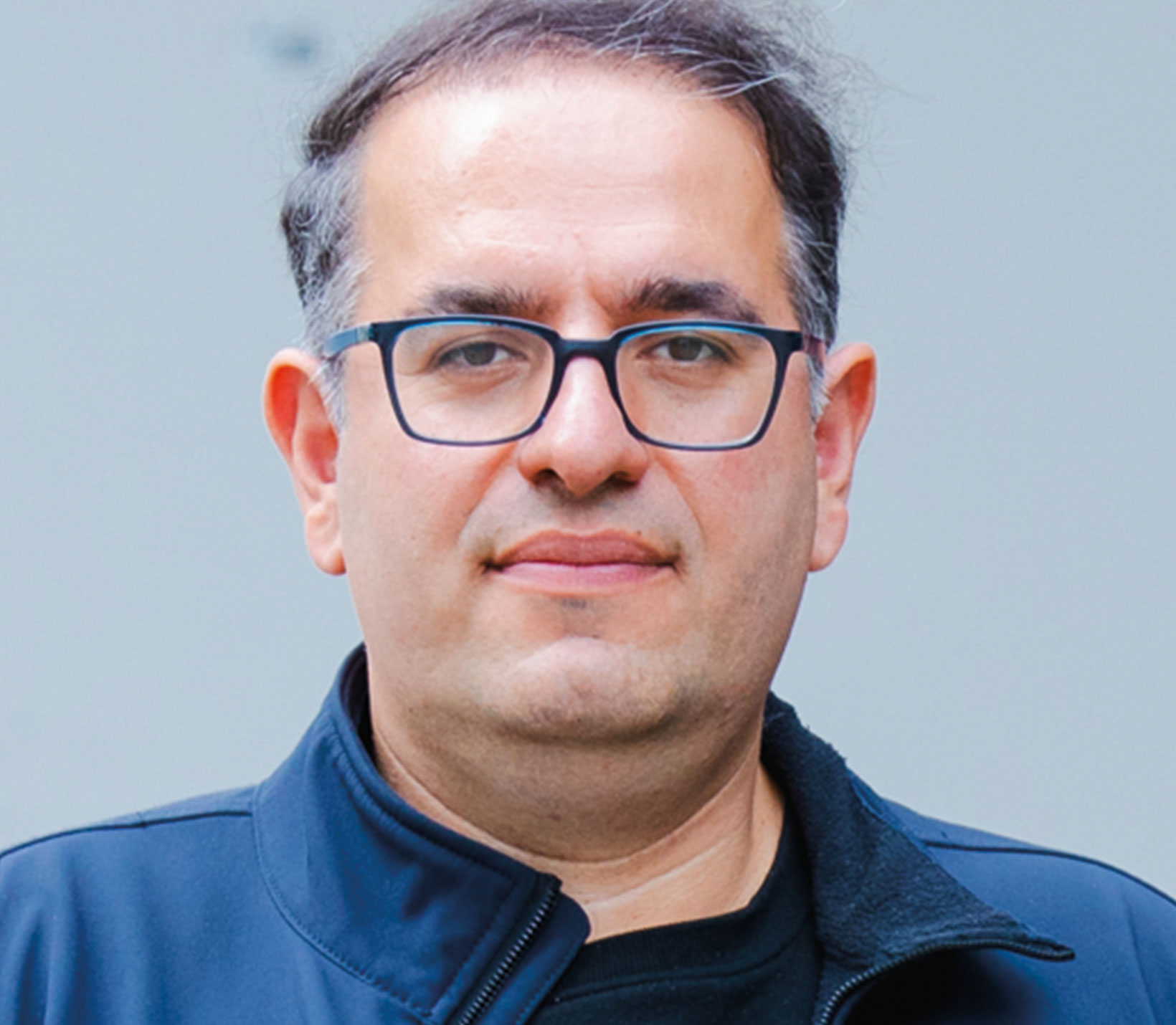#Berlin #Governance
October 2022 – December 2023
Citizen Response to Sustainable Mobility and Infrastructure Scenarios for Berlin
Funded institution:
Technische Universität Berlin
Sustainable infrastructure report
The goal of the project was the evaluation of transformation scenarios by selected members of the public working in participation workshops. This provided the scenarios with a democratic basis, which in turn increases their chances of being implemented. In addition to compiling specific recommendations, there was also a focus on creating greater awareness of the challenges of the energy and mobility transition.
Over four days of workshops, citizen representatives discussed, commented on, and evaluated measures for sustainable mobility and infrastructure scenarios (Professor Dr. Hans-Liudger Dienel, TU Berlin, and nexus Institute). Transformation scenarios for the decarbonization of Berlin’s transport sector were developed by Professor Dr. Kai Nagel (TU Berlin) and his team. Both commercial passenger and freight transportation, as well as private passenger and specialty transportation (e.g. emergency vehicles and waste collection) were considered. The infrastructure scenarios on the topics of building energy, land and soil use, and climate resilience were developed by Professor Eike Roswag-Klinge (Natural Building Lab at TU Berlin).
Professor Kai Nagel, Professor Eike Roswag-Klinge, and their teams presented the scenarios in the workshops and moderated discussions in small groups. This provided important information regarding the acceptance and rejection of alternative measures. For instance, it became clear that the general goal of decarbonizing the transport sector was widely supported among the participants, even beyond the mere transition from combustion engines and fossil fuels to eco-friendly solutions. However, measures such as higher prices or restrictions on fossil-fuel vehicles did not achieve clear majorities in the citizens’ assembly that was established. There was widespread support for reducing the burden on those affected and using revenues from measures to fund further climate action, as well as for unambiguous political statements and long-term predictability through clearly defined and communicated packages of measures.
The participants in the workshops on sustainable infrastructure saw advantages in optimizing the energy efficiency of buildings, both in new constructions and as renovations; these advantages were the use of environmentally-friendly methods, efficiency, climate-friendly living, and long-term cost savings. Renovating was assessed as more sustainable. Disadvantages were also identified, such as high costs, a lack of acceptance, and increasing resource consumption. Diverging opinions and alternative measures such as technology use, societal change, and state support were presented. The diversity of views underlines the importance of a holistic solution for the decarbonization of the building sector.
The project was presented at Partizipations-Innovations-Camp, Transformations-Governance: Was kann Beteiligung wirklich leisten? in Loccum from 17–19 March 2023, and at the Challenges in Sustainability Conference on 3 November 2023 on TU Berlin’s EUREF campus in Schöneberg, among others.
In addition, the Journal for Technology Assessment in Theory and Practice published the scientific article “Decarbonization of Berlin’s Transport Sector: Citizens’ Assembly on Scientifically Developed Scenarios” in February 2024.

Public acceptance is the key to maximizing the effectiveness of sustainable policies and measures.


